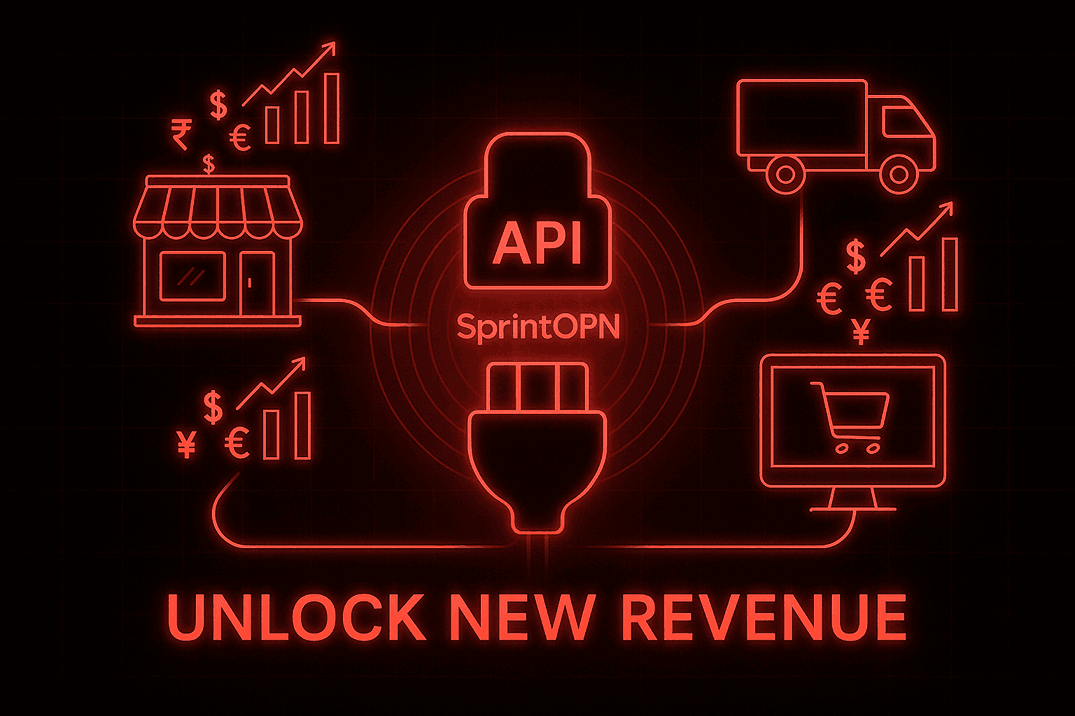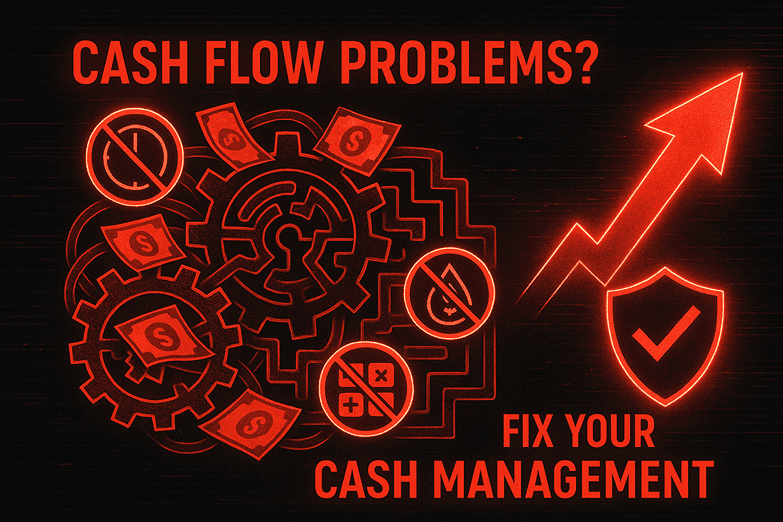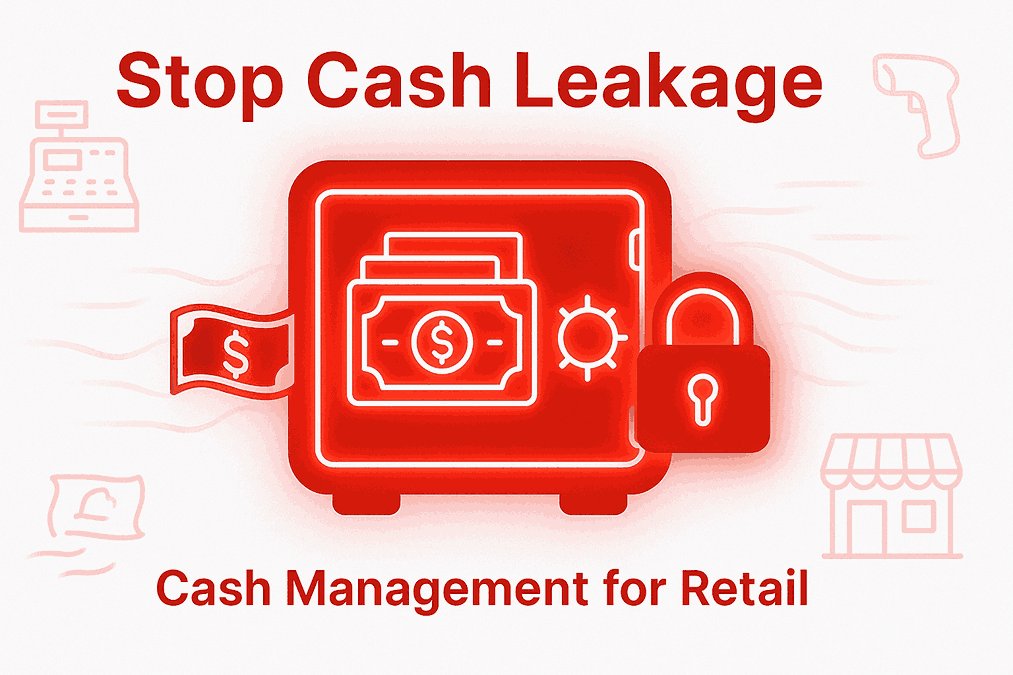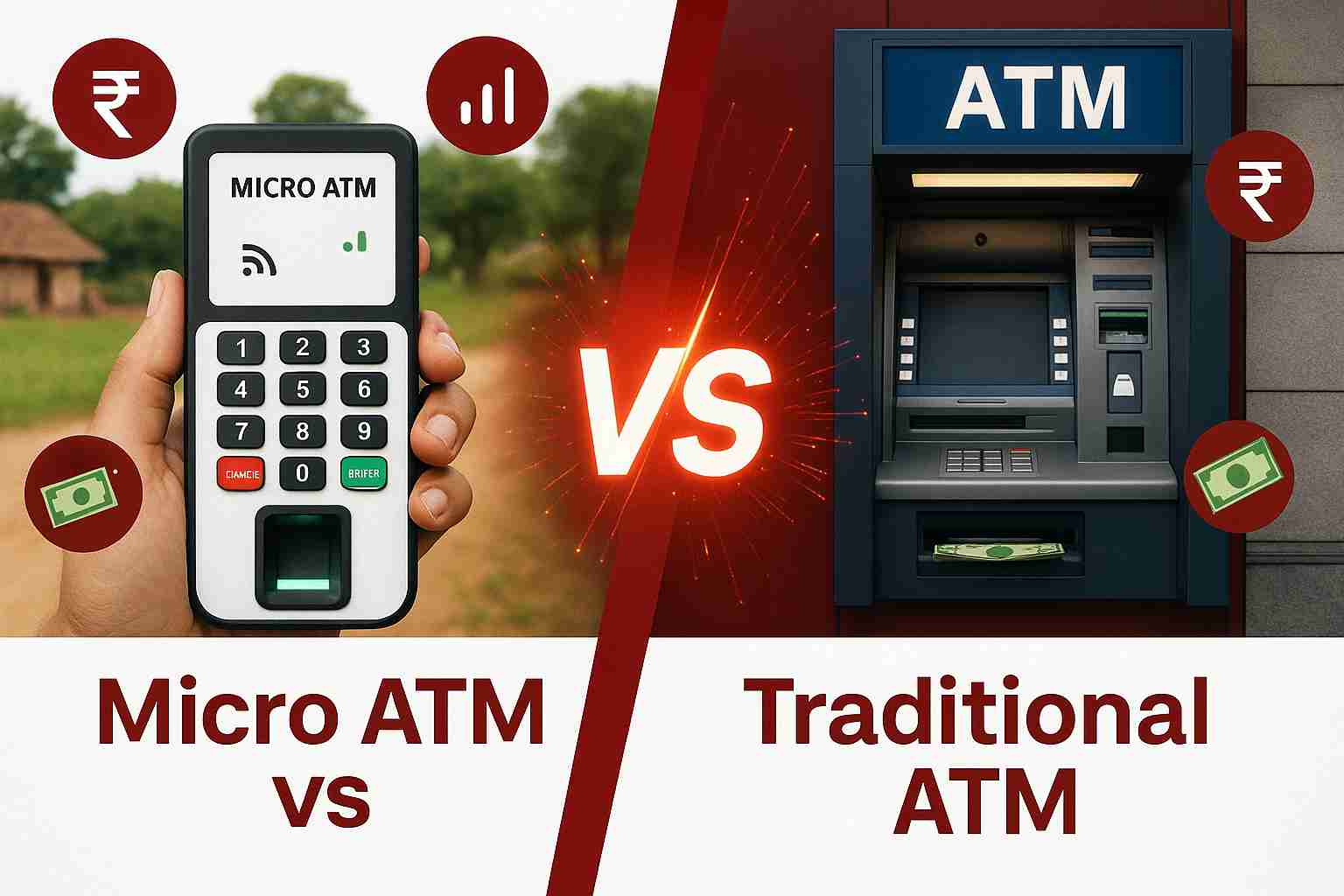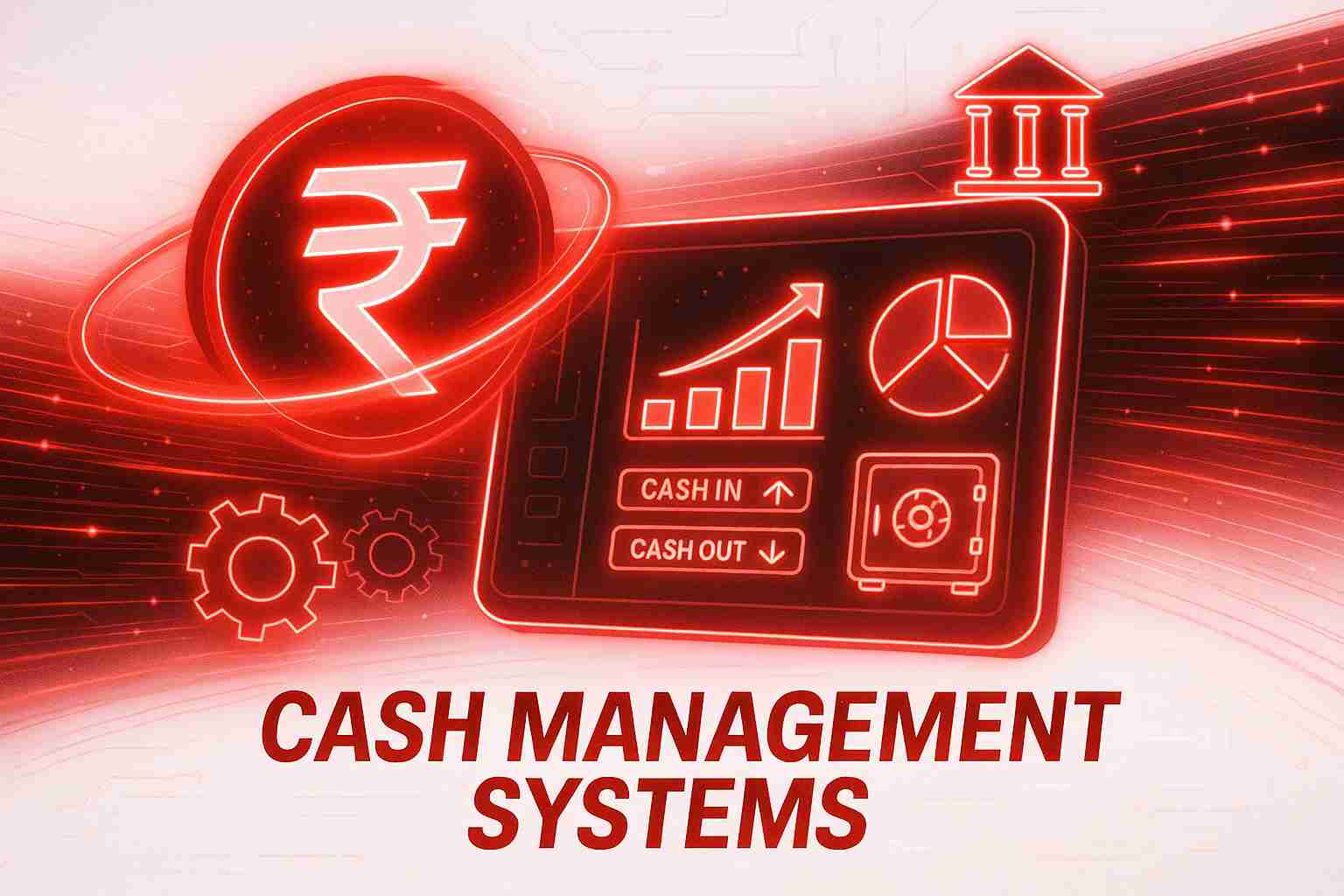How to Start a Domestic Money Transfer Business in India: A Step-by-Step Guide
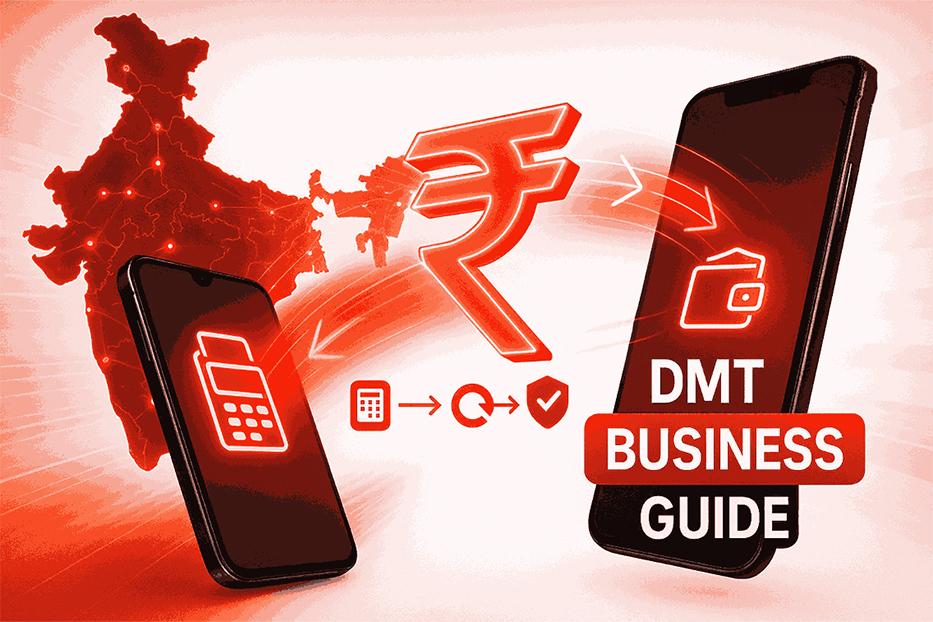
DMT
(Domestic Money Transfer) services have become a cornerstone of financial inclusion in India’s
evolving digital economy. With a large portion of the population still
dependent on cash—especially in rural and semi-urban regions—DMT bridges the
gap by enabling fast, secure, and accessible fund transfers without needing a
traditional bank account. For entrepreneurs, starting a DMT business presents
not only a low-investment and scalable opportunity but also a way to support
India's broader goal of inclusive financial growth.
Table of Contents
1.
Understanding Domestic Money Transfer (DMT)
2.
Benefits of Starting a DMT Business
3.
Choosing the Right DMT Service Provider
4.
Steps to Launch Your DMT Business
5.
Expanding Your Services
6.
Conclusion
Understanding Domestic Money Transfer (DMT)
Domestic
Money Transfer refers to the electronic transfer of funds from one individual
to another within the country. These transfers are typically facilitated
through banking channels like NEFT (National Electronic Funds Transfer), IMPS
(Immediate Payment Service), or UPI (Unified Payments Interface). DMT services
are especially beneficial for individuals without direct access to banking
facilities, allowing them to send or receive money through authorized agents or
digital platforms.
Benefits of Starting a DMT Business
1.
Low Entry Barrier: Initiating a DMT business requires minimal infrastructure—often just a
smartphone or computer with internet connectivity.
2.
High Demand:
With a vast unbanked population and increasing migration for employment,
there's a consistent demand for reliable money transfer services.
3.
Multiple Revenue Streams: Beyond money transfers, agents can offer additional
services like bill payments, mobile recharges, and more, enhancing income
potential.
4.
Financial Inclusion Contribution: By providing DMT services, agents play a pivotal role in
bringing banking services to underserved communities.
Choosing the Right DMT Service Provider
Selecting a
reliable DMT service provider is crucial for the success of your business.
Consider the following factors:
1.
Regulatory Compliance: Ensure the provider adheres to RBI guidelines and possesses
necessary certifications.
2.
Technology Platform: Opt for providers offering user-friendly interfaces, real-time
transaction tracking, and robust security measures.
3.
Commission Structure: Evaluate the commission rates and payment frequency to ensure
profitability.
4.
Support and Training: Choose providers that offer comprehensive training and
responsive customer support.
Notable DMT service provider. It offers fast, secure, and easy-to-integrate money transfer solutions, backed by real-time settlements, strong compliance, and reliable support—ideal for agents and businesses starting a DMT ser
Steps to Launch Your DMT Business
1.
Registration:
Sign up with your chosen DMT service provider, providing necessary details like
mobile number, PAN card, and email address.
2.
KYC Verification: Complete the Know Your Customer process by submitting valid ID proofs
such as Aadhaar and PAN cards. ( link for KYC)
3.
Platform Access:
Upon successful verification, you'll receive access to the agent portal or app,
enabling you to initiate transactions.
4.
Training:
Undergo any training sessions offered by the provider to familiarize yourself
with the platform's functionalities and compliance requirements.
5.
Service Activation: Start offering DMT services to customers, ensuring adherence to
transaction limits and regulatory norms.
Expanding Your Services
To maximize
earnings and cater to a broader customer base, consider integrating additional
services:
1.
Bill Payments: Electricity,
water, gas, and other utility bill collections.
2.
Mobile and DTH Recharges: Facilitate recharges for various telecom and television
service providers.
3.
Insurance Premium Collections: Assist customers in paying their insurance premiums on time.
4.
Travel Bookings: Offer bus, train, or flight ticket booking services.
Diversifying
services not only increases revenue but also enhances customer retention by
providing a one-stop solution for multiple needs. (link of each APIs)
Conclusion
Embarking on
a domestic money transfer business in India is both a financially rewarding and
socially impactful venture. By facilitating seamless fund transfers, you
contribute to the nation's financial inclusion agenda while building a
sustainable business. With the right service provider, adherence to regulatory
norms, and a customer-centric approach, your DMT business can thrive in this
dynamic economic landscape.
Frequently Asked Questions (FAQs)
1. How do I set up a money transfer business in India?
To start a
domestic money transfer business in India, you need to register with a DMT
service provider, complete KYC verification, get access to their
agent portal or app, and start offering services. No banking license is needed
if you operate as an agent under an authorized provider.
2. Is the money transfer business profitable in India?
Yes, the DMT
business can be highly profitable due to high transaction volumes, low entry
barriers, and recurring customer needs—especially in rural and semi-urban
areas. Profit margins depend on transaction volume and the commission structure
offered by your service provider.
3. How can I get a money transfer license in India?
If you're
planning to start your own independent payment business, you need to apply to
the RBI for a Payment System Operator (PSO) license under the Payment and
Settlement Systems Act. However, most agents and retailers can operate under
licensed aggregators without needing their own license.
4. Can I start a domestic money transfer business from home?
Yes, many
DMT providers offer platforms that are fully digital. As long as you have a
stable internet connection, smartphone, or computer, and complete the necessary
onboarding with a provider, you can start operating from home.
5. What is the profit margin in a money transfer business?
Profit margins vary depending on the provider and transaction size, but typically range from 2 to 10 percent per transaction for low-value remittances and higher for large transactions. Many agents also boost their income by cross-selling other financial services like bill payments or AEPS
